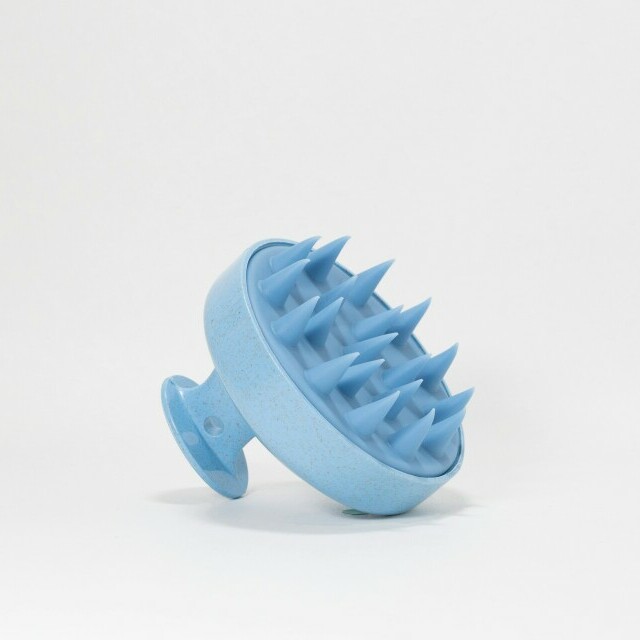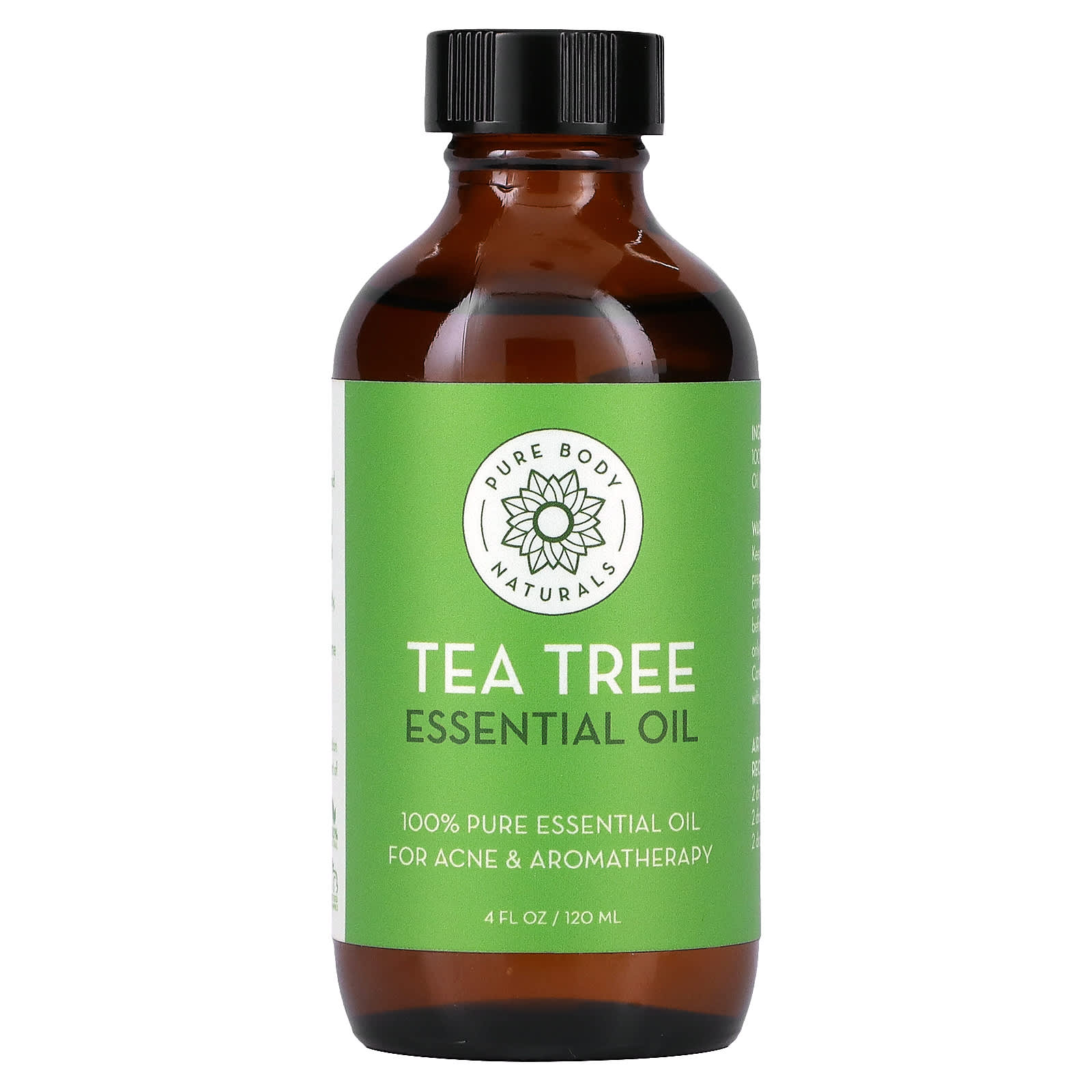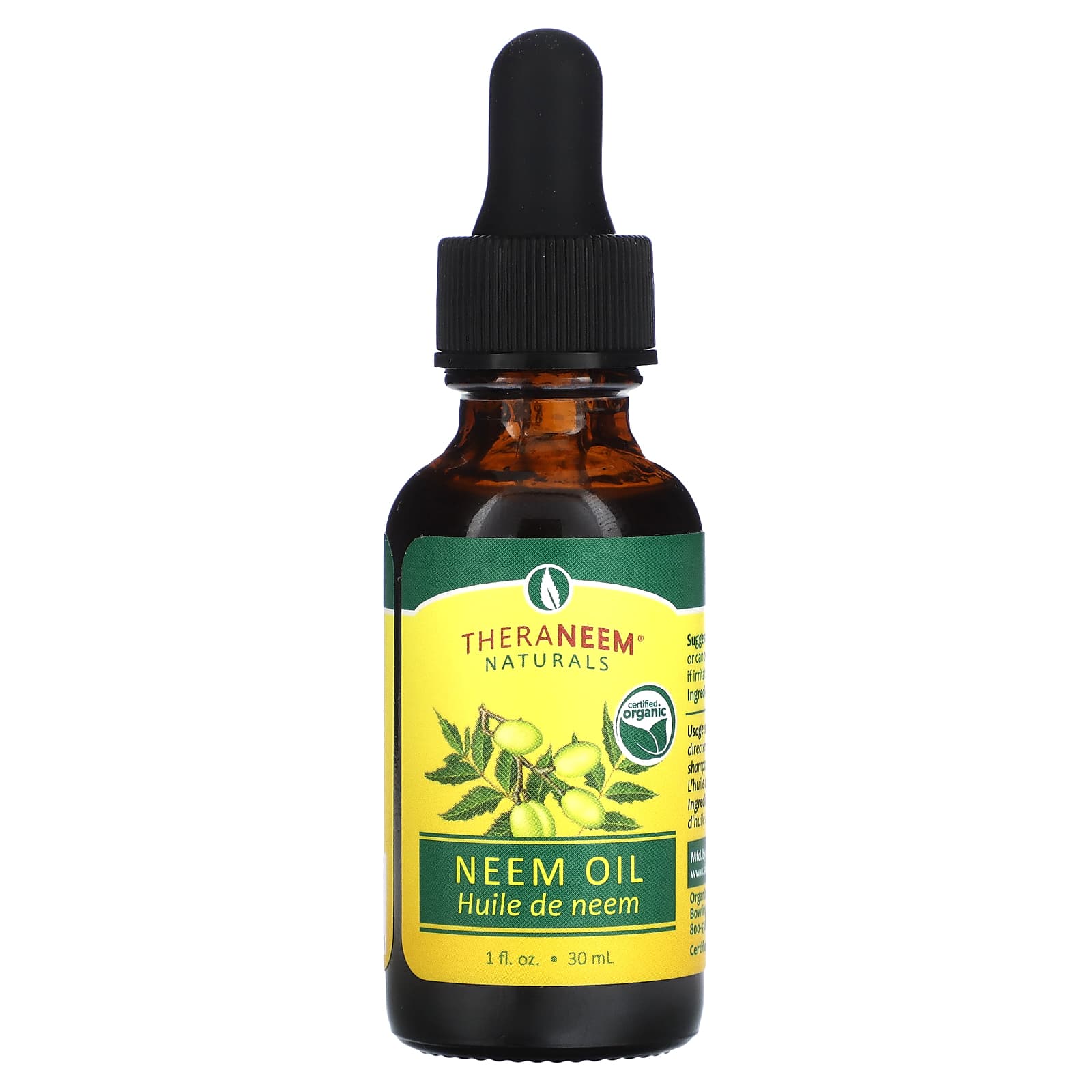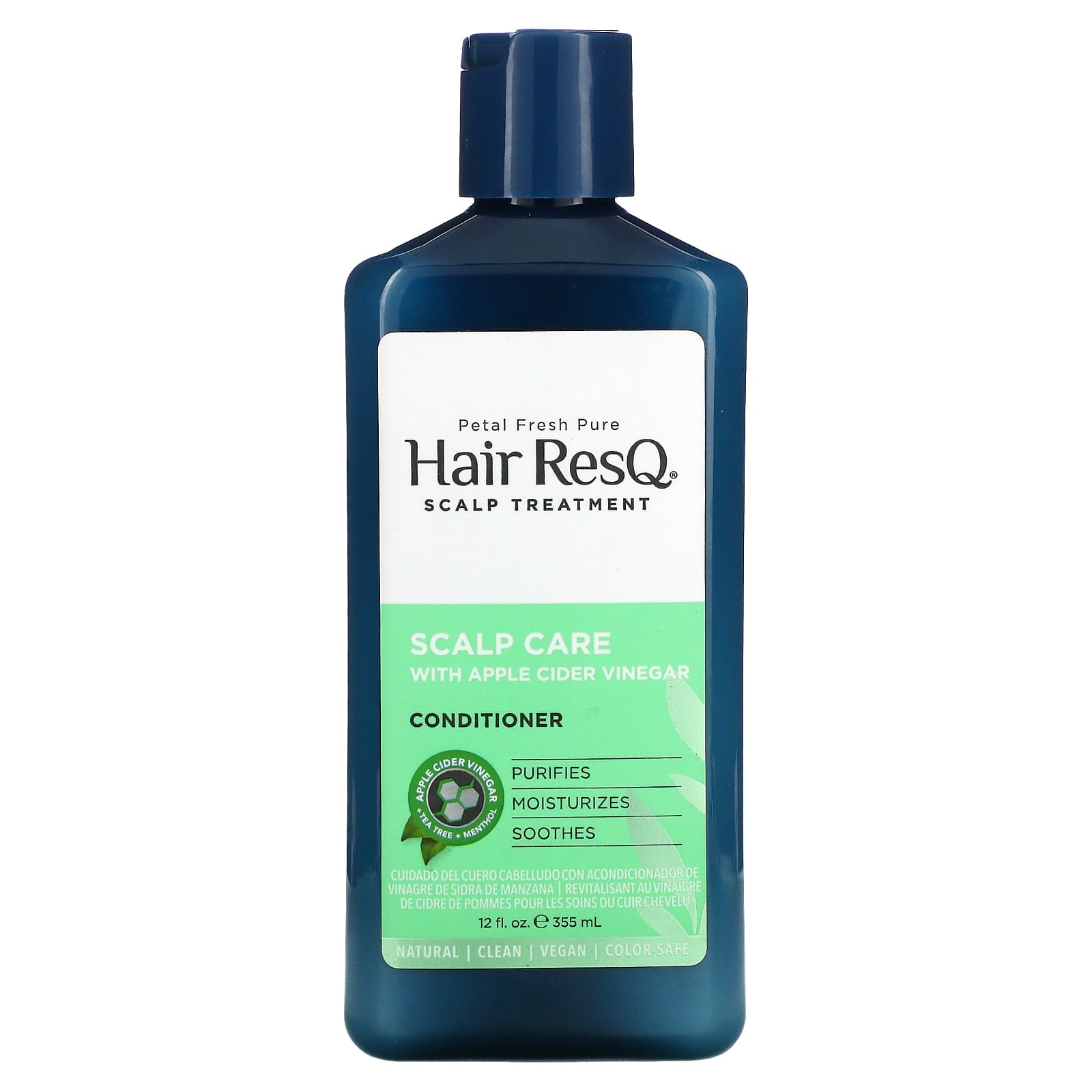If you’re dealing with the pesky flakes of dandruff, know that you’re far from alone. Dandruff can be a real nuisance, especially when it affects afro-textured hair, which often requires unique care due to its delicate nature. So, what exactly is dandruff? It’s more than just an inconvenience; dandruff is a common scalp condition marked by flaking and sometimes itchiness. The main culprits? They range from dry skin and seborrheic dermatitis to more obscure factors like a certain type of fungus that resides on our scalps.
Why does dandruff seem more troublesome in afro hair? It’s often because afro hair is inherently dryer due to its coiled structure, which prevents natural oils from easily traveling down the hair shaft. This dryness can exacerbate scalp issues, making dandruff more apparent and sometimes harder to manage.
But it’s not just a cosmetic concern – dandruff can affect the overall health of your scalp and hair. Ignoring it can lead to further irritation, potential hair loss, and can inhibit healthy hair growth. Addressing dandruff is key to maintaining not just the look, but the vitality of your hair.
Transitioning into the next section, we’re going to explore how natural remedies can play a significant role in combating dandruff. Don’t worry too much about harsh chemicals or pricey treatments; nature has provided quite a few tools that may help soothe your scalp and reduce flaking. Choosing something that resonates with you and your lifestyle is crucial, and I’m here to help you with that.
The Role of Natural Remedies in Dandruff Treatment
When you’re wrestling with dandruff, especially with afro hair, it’s tempting to reach for heavy-duty chemical solutions. But hold on a second. There’s more to this story.
Let’s look at why natural remedies might just be the better path to tread. For starters, they’re gentle. Chemical treatments can be harsh and strip natural oils from your hair and scalp that afro-textured hair particularly relies on. Natural alternatives, however, tend to be milder and can maintain, or even boost, these essential oils.
You might be thinking, ‘Do natural remedies actually work for dandruff?’ In my experience, when used right, they can be quite effective. The idea here isn’t to replace medical shampoos if you’ve been prescribed those, but to complement them or use natural remedies if your case of dandruff is mild or part of routine care.
Embracing a more holistic approach means looking at dandruff treatment not as a quick fix but as part of an ongoing hair and scalp wellness strategy. It’s about working with the natural ecosystem of your scalp rather than against it.
So, what kinds of natural remedies am I talking about? You’re about to find out. Essential oils like tea tree oil boast antifungal properties that can help fend off dandruff-causing yeast, while natural moisturizers such as shea butter keep your scalp hydrated and less flaky.

Remember, treating dandruff with a mindset rooted in long-term health rather than quick fixes is key. Don’t just drench your hair in the latest fad. Choose something that resonates with you and your unique hair needs. And as always, if you’re navigating significant scalp issues, reaching out to a dermatologist is a wise move.
Top Natural Remedies for Dandruff in Afro Hair
Now, let’s get into some powerful natural remedies for tackling dandruff in afro hair. Choosing something that resonates with you is key, and I’ve gathered a list of remedies that you can easily try at home.
Essential oils are a godsend for dandruff. Tea tree oil, for instance, isn’t just fragrant; it’s packed with anti-fungal properties that can soothe an itchy scalp. Neem oil is another heavy hitter, known for its ability to combat dandruff-causing fungus and relieve inflammation.

Your scalp is like a garden – it needs the right kind of moisture to flourish. Products like coconut oil and shea butter are like rain for a thirsty garden; they deeply moisturize the scalp and prevent flakiness, without clogging pores or weighing down your curls. Your hair porosity also needs to be considered when choosing remedies for dandruff.
You’re going to find out that herbal solutions offer tremendous benefits. Aloe Vera is incredibly soothing and can calm an irritated scalp, while apple cider vinegar helps balance the pH levels, keeping dandruff at bay. Just applying these directly can kickstart your journey to a healthier scalp.

But don’t just focus on topical treatments. What you eat also plays a part in scalp health. Hydration is crucial, so drinking plenty of water is a must. Incorporating foods rich in omega-3 fatty acids, like salmon or walnuts, can also help improve the condition of your scalp.
You can always adjust your approach down the road, but trying out these natural remedies could be your first step towards a flake-free scalp. And remember, success in natural dandruff treatment isn’t an overnight phenomenon – it’s about consistency and finding what works for you.
Incorporating Natural Remedies into Your Hair Care Routine
Now that you’re aware of some powerful natural remedies for dandruff in afro hair, you’re probably wondering how to integrate these into your daily regime. It’s about maintaining balance and paying close attention to how your scalp reacts. Here’s a straightforward guide to help you get started.
Start by choosing one or two natural remedies that resonate with you. There’s no need to overwhelm your hair care regimen right off the bat. For instance, try massaging tea tree oil diluted in a carrier oil into your scalp, and notice if there’s a positive change over a couple of weeks.
Consistency is key. Whether you’re using apple cider vinegar as a rinse after washing your hair or applying shea butter to seal moisture, stick with it. Give any new treatment time to work – dandruff didn’t appear overnight, and likewise, it won’t disappear instantly.
Always perform a patch test before fully adopting a new product, especially if you have sensitive skin. That’s going to include dabbing a little bit on your wrist and waiting a day to ensure there’s no adverse reaction.

It’s crucial to remember that what works for someone else might not work for you. Each scalp and hair type is unique, and sometimes what’s needed is a bit of experimentation. Keep an open mind, and don’t be afraid to adjust your approach.
Finally, while natural remedies can be incredibly effective for mild to moderate dandruff, they are not cure-alls. If your dandruff persists or you experience severe itching, redness, or irritation, seek advice from a dermatologist or trichologist. Your scalp’s health is paramount, and at times, professional treatment may be necessary to address underlying conditions.
I really hope that you find these tips helpful and that they lead you to a flake-free, healthy-scalped future. Remember, patience and persistence are your best friends on the journey to a dandruff-free life.
To obtain any of these products in the article feel free to go to iherb which will provide the products if you would like to try them.

2 replies on “Natural Remedies For Dandruff In Afro Hair”
Thanks for sharing these valuable insights! Dealing with dandruff, especially with afro-textured hair, can be quite challenging. Your holistic approach to tackling dandruff with natural remedies is not only gentle but also promotes long-term scalp and hair health. I appreciate your emphasis on understanding the underlying causes of dandruff and addressing them effectively.
It’s reassuring to know that there are effective, natural alternatives to harsh chemical treatments. I’m particularly intrigued by the role of essential oils like tea tree oil and neem oil in combating dandruff-causing fungus while maintaining the scalp’s natural oils. Your detailed explanation of how these remedies work and your emphasis on consistency are incredibly helpful.
I’m definitely looking forward to trying out some of these remedies and incorporating them into my hair care routine. Thank you for sharing your expertise and for providing such practical advice. Here’s to a flake-free, healthy-scalped future!
Yes, it’s very important to know that our internal well-being is linked to the external well-being. I suffered from dandruff and because I wanted to get rid of it I came to the realization that what I put in my body has an impact on what happens externally. I appreciate this comment because that is the aim of my site not just to help individuals in taking care of their external part of the body but also think about what they are putting in their bodies.